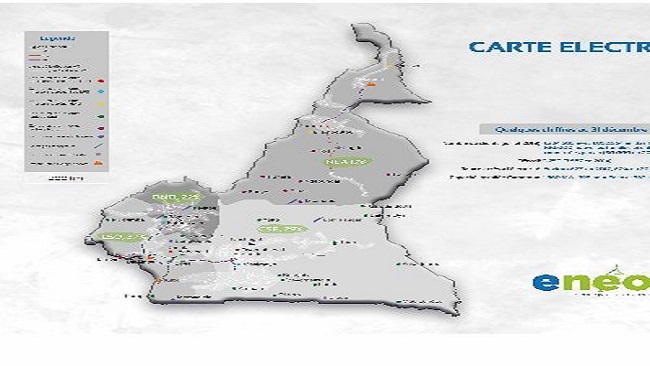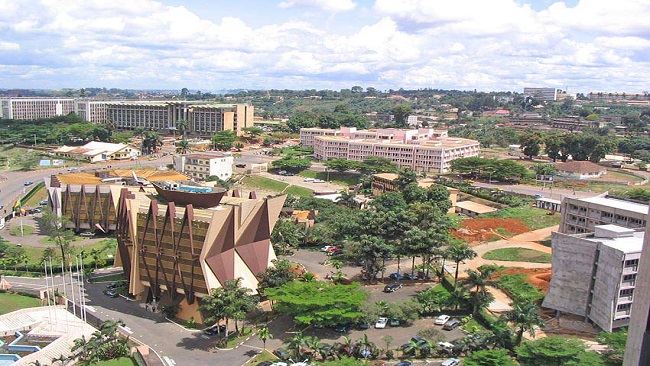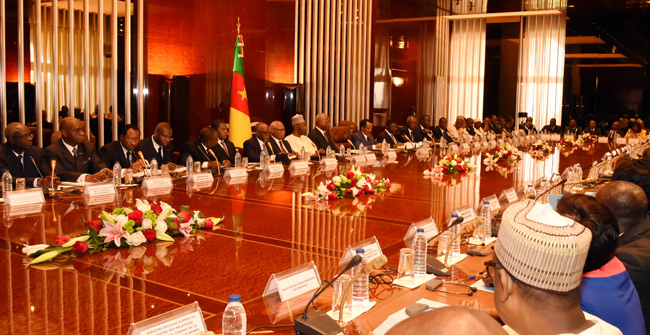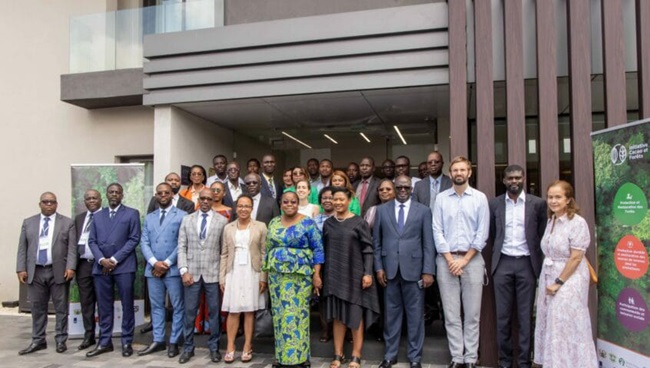12, August 2024
Eneo Hits 800,000 Prepaid Meters Milestone 0
Cameroon’s public electricity provider, Eneo, announced earlier this month that it has installed nearly 800,000 prepaid meters. This represents about 34% of its total meter installations.
Indeed, the push towards modernization began in 2018, with Eneo replacing outdated electromechanical meters with new prepaid models. Since then, the company has added 798,700 new meters to its network, building on the 1,300 units installed in the program’s first year.
The company, backed by the British investment fund Actis, is taking steps to further increase this number. Eneo is offering a free upgrade for old electromechanical meters to new prepaid ones. “Our recent assessment revealed around a thousand installations needing an upgrade to meet global standards. We’re focused on converting these old meters to the newer prepaid technology,” Eneo explained.
To make this transition smoother for customers, Eneo has set up a robust support system. This includes field teams, assistance at local agencies, online resources, and a network of partners to ensure a seamless experience. The new prepaid meters give customers more control over their electricity usage, eliminate issues like missed bills and billing errors, and remove the need for upfront payments or handling disputes over unpaid bills.
The switch to prepaid meters has already made a noticeable impact. According to Eneo, billing-related complaints dropped by 54% between 2020 and 2022. This improvement has helped ease tensions between the company and its customers, addressing one of the most common points of contention. In 2019, bill disputes made up 43% of conciliation cases, and the new meters are expected to continue reducing these conflicts.
However, the introduction of prepaid meters has not been without its challenges. Eneo has reported a rise in fraud linked to these devices. In the first half of 2023, 62% of fraud cases in Douala involved prepaid meters, up from 38% for traditional meters. “We’ve seen various methods used to bypass these meters, including ‘shunting,’ ‘direct connections,’ and tampering with the meter’s internal components,” the company noted.
Source: Business in Cameroon


























17, August 2024
Nigeria and Equatorial Guinea agree to build gas pipeline 0
Nigeria and Equatorial Guinea have signed a groundbreaking deal to build a gas pipeline between the two countries, in a move that will help maximise the use of a liquefied natural gas plant on Bioko Island.
This agreement could be the precursor to a recent initiative to build oil and gas pipelines in the Gulf of Guinea region, linking both littoral nations as well as those inland to promote hydrocarbon usage within Africa and help industrialise the continent.
During a three-day state visit to Equatorial Guinea by Nigeria’s President Bola Tinubu this week, the two nations signed an agreement to construct what they call the Gulf of Guinea Gas Pipeline (GGGP).
The initial aim is to transport gas from Nigeria to Equatorial Guinea where it will be processed at the LNG plant in Punta Europa.
The deal, which was signed by Tinubu as well as Equatorial Guinea’s President Teodoro Obiang Nguema Mbasogo on the evening of 14 August, outlines plans for a pipeline, LNG facility feedstock and gas sales to power companies and industrial users, in a move to boost energy security and regional trade in West Africa.
The agreement covered legislative and regulatory measures linked to the GGGP, as well as issues such as ownership, operations and gas transit arrangements.
Details of the pipeline route were not revealed.
Antonio Oburu Ondo, Equatorial Guinea’s Minister of Mines & Hydrocarbons, said: “By partnering with Nigeria … we are not only strengthening bilateral cooperation but also regional collaboration to ensure a secure and reliable supply of gas for our LNG facility at Punta Europa for years to come.
“This project will unlock immense economic value for both our nations, driving sustainable development and energy security across the region.”
The LNG plant is currently supplied with gas from Marathon’s Alba gas field, and Chevron’s Alen field.
A second phase involves processing gas from Alba under new contractual terms, while the third phase will tap gas from Chevron’s Aseng field.
Earlier this year, Equatorial Guinea also signed a bilateral trade agreement with neighbouring Cameroon to developed trans-border gas and condensate fields, also operated by Chevron, with the gas slated for use as feedstock for the Bioko LNG plant.
Source: Upstream